Nathaniel Booth was born in 1826 in Virginia. Spending most of his early childhood on a plantation in the state, he would escape captivity at 17. Via the Underground Railroad and thanks to Walker Lewis, Booth would arrive in Massachusetts in 1844 and opened a barbershop in Lowell.
Abolitionist Work
He would become a part of Lowell’s anti-slavery circle and like Walker, made his establishment a stop on the railroad and a meeting place. Nathaniel Booth wasn’t able to enjoy life and participate in the community long as the Fugitive Slave Act of 1850 passed. It was said that slave catchers appeared in the Lowell, a hub for abolitionist activity. As a result, Booth fled to Canada.
There was an aggressive push for Booth to return to Lowell by the recently formed Free Soil Party. Seeing support there, Booth returned to the town and moved in with Walker Lewis. In 1851, the slave catchers returned and found that Nathaniel Booth was living freely in Lowell. The group called for Booth to be returned to his former owner in Virginia or $1,500 in compensation.
Local businessman Linus Child managed to both lower the price to $750 and raise the money for Booth’s freedom. His situation was one of a few in the state that resulted in Massachusetts passing legislation that rendered the Fugitive Slave Act ineffective. The 1855 measure would stoke disdain for the North by the South as it challenged the power the slaveholding region had gained over the years.
Later Life
Safe in the North, Booth moved to Boston and continued his work as a barber. He would marry a Philadelphia woman from a well-to-do Black family during his abolition work in 1858. In Boston, he and Fanny LeCount Johnson, would have a daughter named Ida. The Booth family would move to Philadelphia permanently following the Civil War and had nine more children.
Nathaniel Booth passed away in 1901.






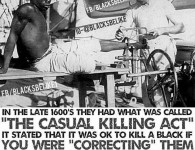

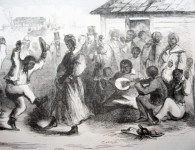
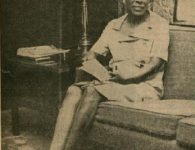

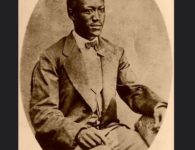
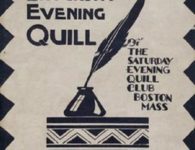
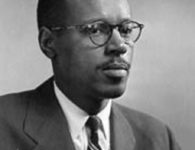
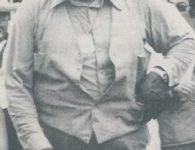

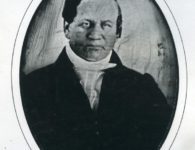
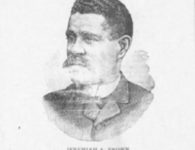
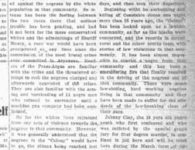
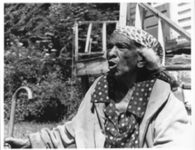

No comments